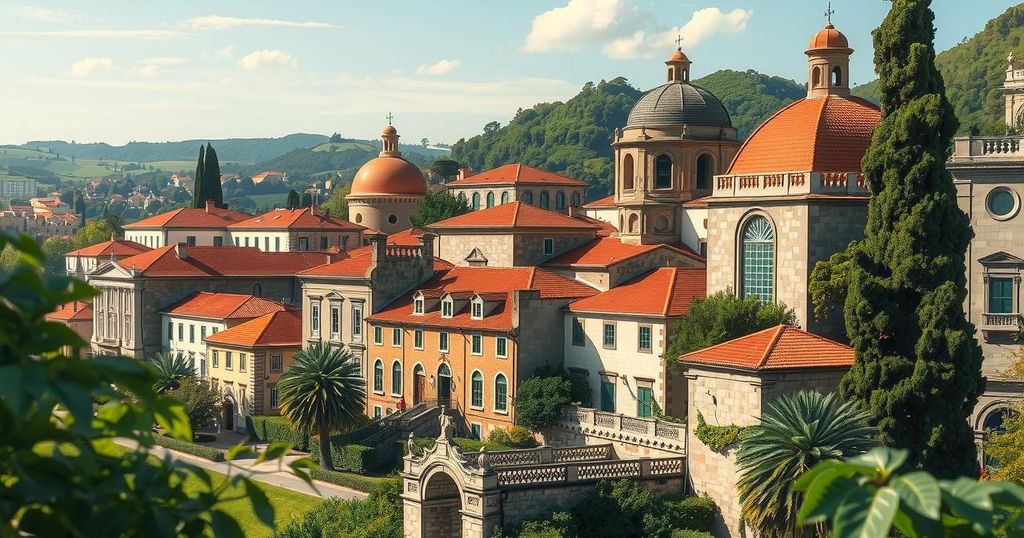Portugal will hold an early general election on May 18 following the collapse of its minority government, which lost a confidence vote. President Marcelo Rebelo de Sousa called for active voter participation, emphasizing the need for political stability in light of Europe’s economic challenges. The rise of the populist party Chega may influence the upcoming election, amid ongoing inquiries into the conduct of the Social Democratic leader.
Portugal’s President Marcelo Rebelo de Sousa announced an early general election will occur on May 18, following a minority government’s collapse after losing a confidence vote in parliament. This event, described as an unexpected shock, marks a significant moment in Portugal’s political landscape, as it has not faced such instability in over 50 years since the end of its dictatorship in 1974.
In his televised address, President Sousa urged citizens to engage actively in the upcoming election. He emphasized the importance of political stability in the face of ongoing economic and security challenges facing the European Union. The country experiences its third general election in three years, amid a landscape dominated by minority governments due to fracturing party support.
The recent political instability is particularly concerning as Portugal is set to invest over 22 billion euros ($24 billion) in EU development funds. Discontent among voters over returning to the polls could benefit the right-wing populist party, Chega, which has gained traction by capitalizing on frustrations with the mainstream parties. Chega previously surged to third place in the last election.
The Social Democratic government, which was in an alliance with a minor party, fell due to controversies surrounding outgoing Prime Minister Luis Montenegro’s business conduct. Montenegro claims he distanced himself from his family law firm since becoming party leader in 2022, denying any wrongdoing. However, issues arise from the firm receiving payments from a company linked to a significant government gambling concession.
The Socialists have called for a parliamentary inquiry into these matters. The Social Democrats remain hopeful that positive economic indicators, including a 1.9% growth rate last year and a jobless rate that parallels the EU average, will maintain their electoral support despite the turmoil.
Portugal is on the verge of significant political change with an early election scheduled for May 18, following the downfall of a minority government. This political turmoil comes against a backdrop of economic initiatives and rising populism. Voter engagement is crucial as the country seeks to stabilize its governance amidst challenges.
Original Source: abcnews.go.com






